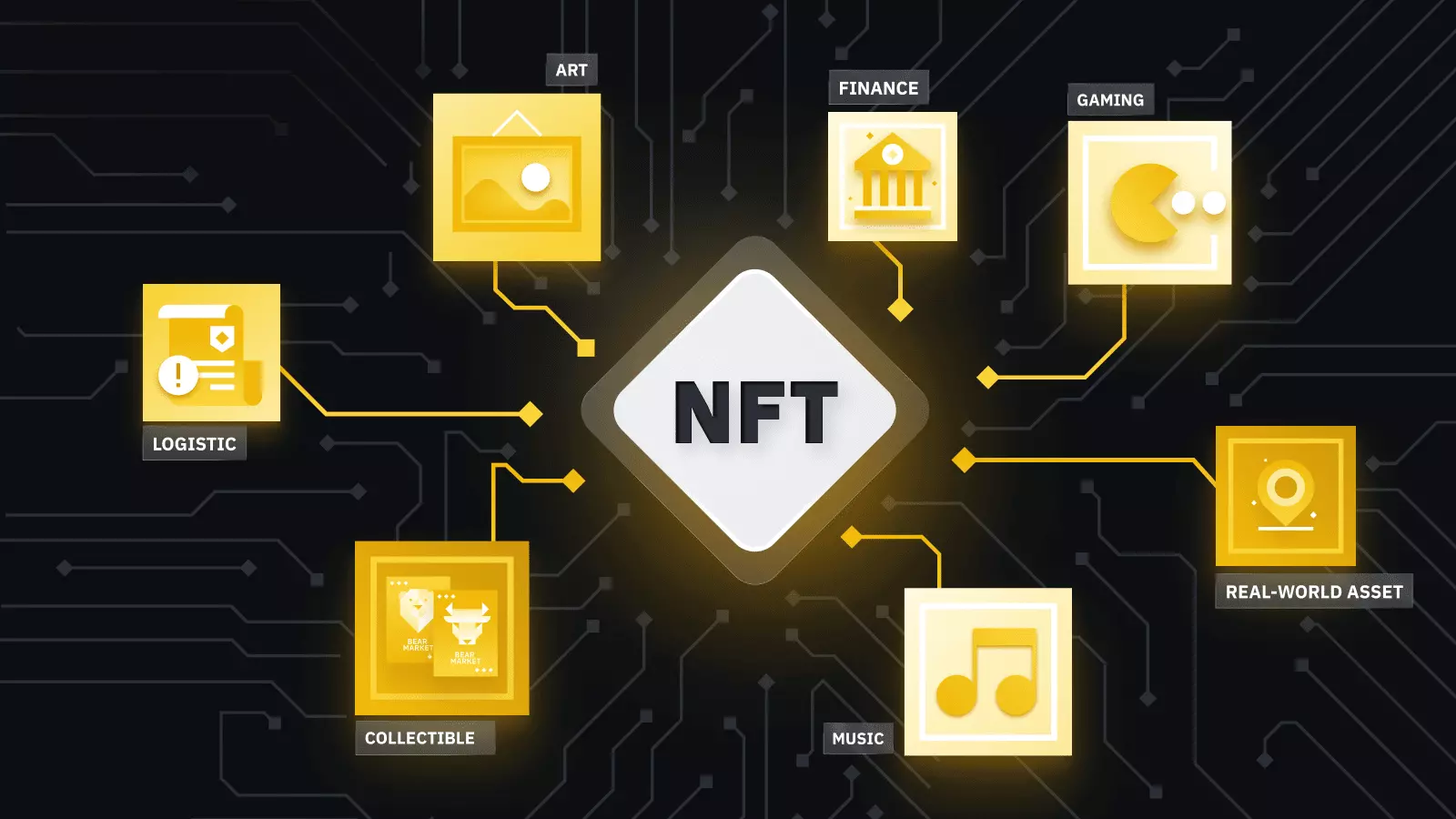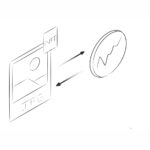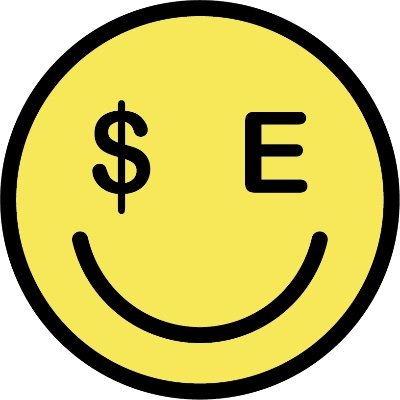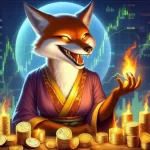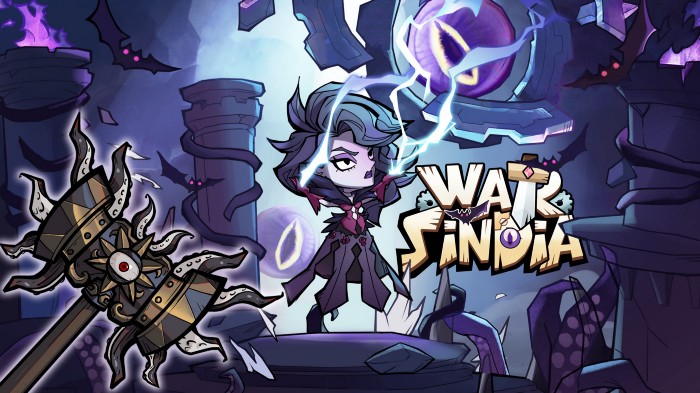Complete Guide to NFT Development Services in 2022
If you need to understand NFT development, (more or less) you’re in the right place. This guide is for someone who has just heard about Non-fungible tokens (NFTs) and needs a better understanding. You can be an existing startup owner, a serial investor, or work for a company that is about to become an all-blockchain one.
Whoever you may be, this guide will emphasize the NFT development services from a novice’s point of view.

A Gist on NFTs
Non-fungible tokens are unique, one-of-a-kind representations of digital assets. One can tokenize things like art, collectibles, and even a tweet. They drive immutable characteristics from their respective blockchain networks and are not interchangeable with other items. NFTs will almost certainly include a license for the digital asset they point to, but this does not imply copyright ownership.
A Primer on Thriving NFT Market
NFTs were first introduced on the Ethereum blockchain, but they are now supported on other blockchains such as FLOW and Bitcoin Cash. The NFT that indicates the ownership of a digital asset, be it Jpeg or MP3, can be monetized just like any real-world asset. The price (of those NFTs) will be determined by the market demand.
When it comes to the trading volume, the NFT market has been the hub of a rollercoaster ride, according to this chart from nonfungible.com. (While writing this blog) NFTs saw a dip in the month of March than what it was during January & February 2022. The reason could be anything: the investors’ habit of handpicking NFTs, or the projects launched (this time) may not have persuaded them.
Whatever it is, the NFT market watchers believe that the market could easily outpace last year’s $43billion mark. The first two months of 2022 have been a good yield for the market. With interesting projects in the pipeline, the trading mark would ease past 2021’s volume.
An Overview of Its Working Model
NFTs are one-of-a-kind blockchain-based crypto tokens. The blockchain serves as a decentralized ledger that keeps tabs on each NFT’s ownership and transaction details with a unique code.
With the right tools and support, creating NFTs can be done on contract-enabled blockchains. Ethereum was one of the first widely used EOS, and it now includes NFT standards as well. In conjunction with their smart contracts, the tokens allow for the addition of detailed information such as the owner’s identity and other details.
The Business Case for NFTs
Not all NFTs are developed with an aim to directly monetize them as a source of investment. They are also developed because their use will achieve efficiencies and generate something better for good.
For example, NFTs can grant a special access for the community members to your products/services. They can be deployed as a reward in referral programs to drive members to your community. They can be used as an add-on to your business offerings. Or else, you can showcase that you’re en route for a blockchain-specific business.
#1 Identity Management
As NFTs embed a unique set of ownership information, tokenization of copyrights, academic certificates, and licenses would do good. The identity or certification can be issued as an NFT, which can be traced to the owner directly on the blockchain. As a result, using NFTs to store and protect medical histories, personal profiles, education, and address information digitally gives users more control over their data and can help prevent identity theft.
#2 Art, Sports, etc.
The use cases of NFTs in the art industry is very prominent, starting from CryptoPunks (the pixelated art project) to Art Blocks (Ethereum-based NFT art project). NFT art derives most of its value from its ability to prove digital verification. Leveraging a custom NFT development option would drive seamless benefits to your NFT business.
NFTs give digital art the same qualities as physical art, such as being unique and rare. They can be traced back to an artist or seller’s beginnings. They also allow anyone to see the selling price as well as the number of times the artwork has been sold.
#3 Gaming
NFTs also make trading in games easier, which can increase the value of NFT items in games, which can vary in rarity. Because there is no middleman, NFT owners won’t have to worry about scams. Transactions are completed instantly via the blockchain. This opens up previously unimagined possibilities, such as purchasing weapons or other equipment that has been thoroughly tested by people who have used it.
#4 Real-world Assets
“Tokenizing a Real-world Asset eliminates counterfeits”
Real-world asset tokenization is the bedrock of non-fungible tokens. They offer a great degree of autonomy that no blockchain product could offer. One interesting real-world tokenization hails from Australia’s Penfolds (a Wine maker company), which released NFTs representing their products (wines) via Blockbar, a dedicated marketplace for wines.
Will NFTs compliment the Metaverse or Vice versa?
“Metaverse involves how we interact with existing technologies”
Metaverse is characterized by an interconnected virtual world through existing technologies like virtual and augmented reality (VR & AR).
The Metaverse development depends on non-fungible tokens (NFTs) and the technology that underpins them. NFTs are based on the blockchain, originally designed to exchange digital assets but now have a wide range of uses. When we demonstrate the role of NFTs in Metaverse’s digital environment, we can see how they interact with existing VR and AR technology to control the entire space.
Both NFTs and Metaverse need to compliment each other as the former embeds ownership details of anything (in the Metaverse), while the latter leverages NFTs to transfer value.
Conclusion
That brings our complete guide to NFT development services in 2022 to its end. I hope you now have the foundation to pursue NFT-based investments or business at this point in your career. If you are an entrepreneur and dream big, It is easy for you to get into this industry with an NFT marketplace development company.
Have you liked the content? Would you wish to read more such on NFTs? Head over to our website straight away.

As a writer, Ruben is an advocate of blockchain technology and cryptocurrency in general. He writes about all things from cryptography to economics, with a focus on how it applies to cryptocurrencies. He is also passionate about writing about topics such as decentralization, open-sourced software development, and copyright law.
